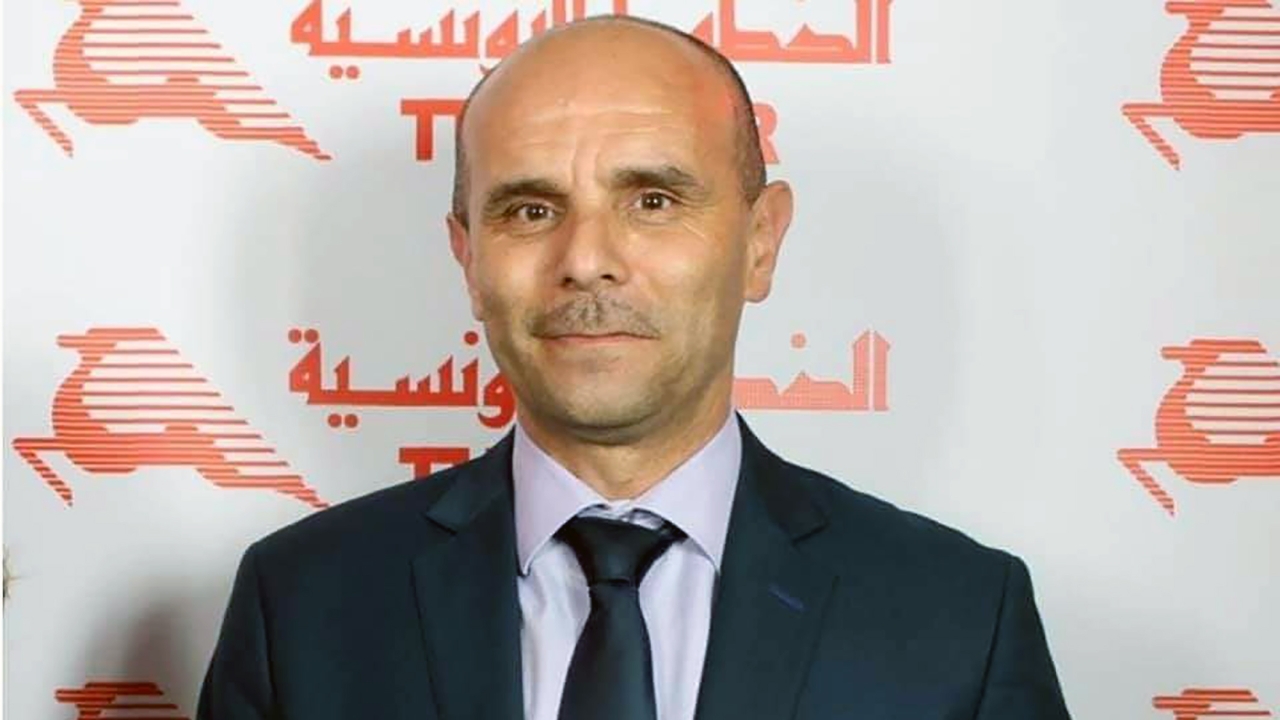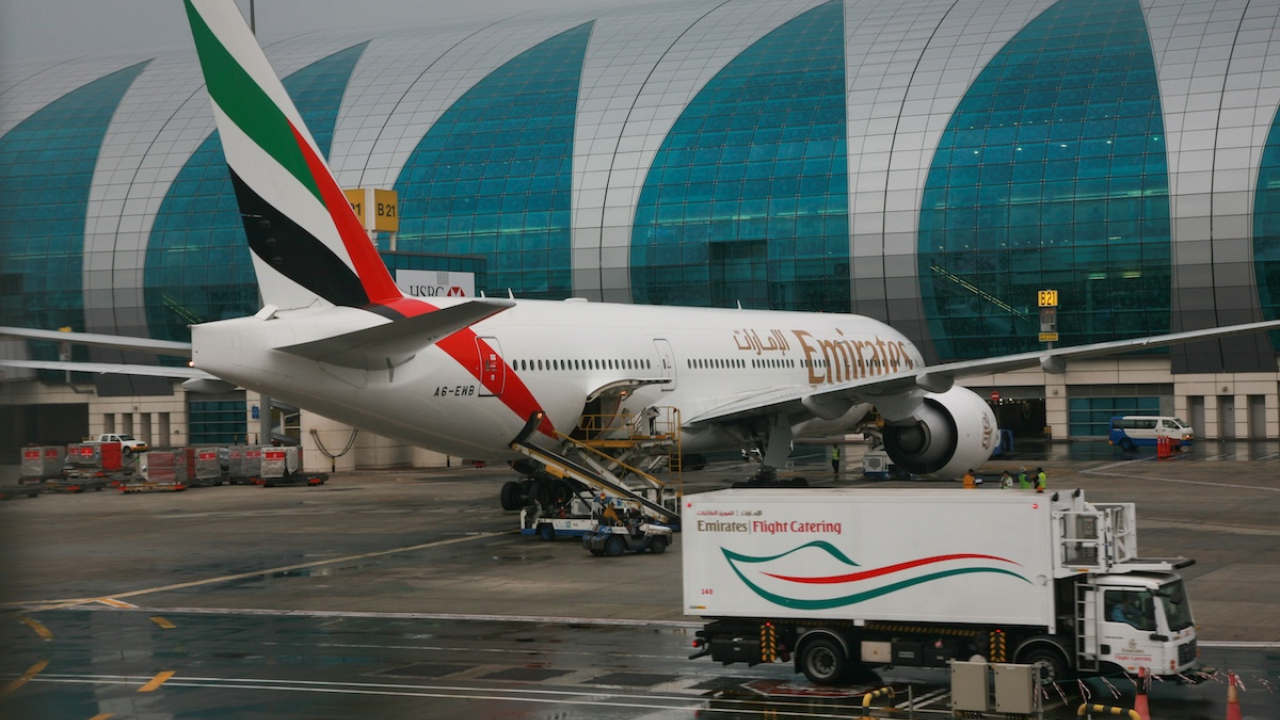Tunisair changes its tune
When Tunisair head Khaled Chelly was recently in Paris to inaugurate a new agency at Orly Airport and to take delivery of the airline's second A320neo, he revealed the outline of Tunisair’s tough restructuring plan.

Khaled Chelly: "We will go to China by 2024-5 and to the US in 2026." Picture: Times Aerospace
Like most airlines around the world, Tunisair has been shaken by the Covid-19 crisis. But for the North African carrier, 2021 started on an even more chaotic note with a financial dispute with TAV Airports, calls for strikes by the UGTT, the Tunisian general labour union, and the dismissal of Olfa Hamdi only seven weeks after her appointment as chief executive.
The situation facing her successor, Khaled Chelly, who took over as Tunisair chairman and chief executive in March 2021, could hardly have been worse. But a year and a half later, he remains optimistic about the airline’s future, expecting a return to profitability from 2023-24.
Chelly has deep-rooted experience in the industry. He has been chief executive of the Tunisian Civil Aviation and Airports Authority (OACA), president of the International Air Transport Association (IATA) for North Africa, and deputy director or in charge of Tunisair's strategic markets including Central Europe and Canada.
He has no illusions about the task ahead. "There’s a need to restructure to restart on a sound basis,” he said. “We need to make a strategic withdrawal while consolidating our business model and our financial situation."
The main pillars of Tunisair’s restructuring plan are the closure of unprofitable routes, reduction of staff, enhancement of customer experience and making a firm commitment to punctuality.
Loss-making routes to Prague, Ouagadougou and Beirut are to be axed. Frequencies to several destinations, including Cairo, Dakar, Nouakchott, Rome and Vienna, are to be reduced.
In their place, Tunisair will increase services to France, its main market representing around 40% of turnover and 35% of passenger traffic. The airline will also increase its frequencies to three per week to Montreal in response to rising figures.
New international routes are also planned. “We will go to China by 2024-5 and to the US in 2026,” Chelly said.
Once restructured, the national carrier will be looking for a strategic partner. Turkish Airlines and Qatar Airways, among others, have been mentioned in this context, although as yet there are no firm proposals.
Tunisair currently operates 15 aircraft against 21 prior to the pandemic. It plans to retire its Boeing 737-600s and Airbus A319s to refocus on more modern A320neos and A330s. It took delivery of its second A320neo in March. A third was to join its fleet in August, with two others to follow by 2023.
As Chelly explained, a cut in the workforce is part of the restructuring. “We want to meet international standards, that is around 120 employees per aircraft, with a fleet limited to around 15 planes.” On current estimates, that means losing 1,000 jobs.
Chelly is tackling the financial rehabilitation of the airline by renegotiating its debt with creditors, shareholders and suppliers. “By rescheduling our debt, we avoided the worst during these two years of crisis,” he said.
And Tunisair is recovering. The airline recorded a sharp increase in passenger traffic during the first quarter of 2022. The OACA is showing a similar trend: Tunisian airports handled 1.2 million passengers during this period, a rebound of 82.9% from the same period last year.
But Tunisair's umpteenth restructure plan must still be adopted by its supervising ministry and the UGTT amid concern about the grip of the powerful union on the company's internal management and its administrative burden.
Tunisair is no stranger to turbulence. Resolving its financial, human resources and governance challenges call for draconian measures.
Chelly's two predecessors, Elyes Mnakbi and Olfa Hamdi, tried to implement a rescue plan while facing strenuous pressures. But they failed.
It’s more urgent than ever to save the North African gazelle. Everybody knows that. But are all parties willing to prioritise the airline’s interests? Let’s hope so.
Stay up to date
Subscribe to the free Times Aerospace newsletter and receive the latest content every week. We'll never share your email address.


